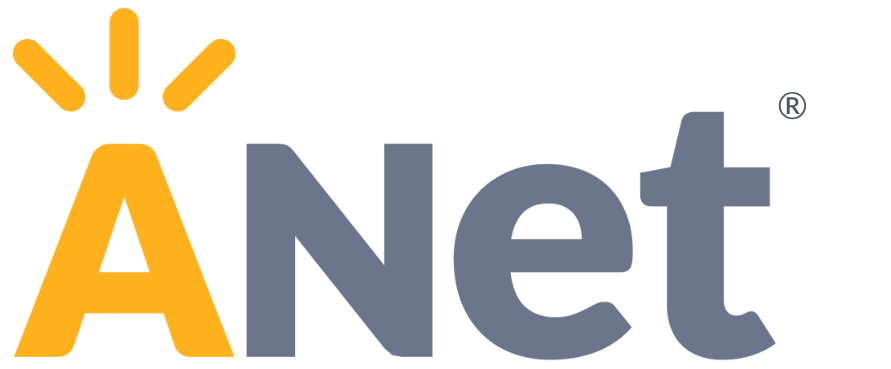Whether it's navigating the complexities of data usage, implementing professional development, or focusing on school-wide goals, coaches provide the external perspective that can spark transformation. In part four of this blog, we discuss how coaches enhance educational services that aren't traditionally associated with a coach and what someone interested in coaching should know before working with a coach.
Our four-part series includes:
- Part 1: Coaches on Coaching: What's The Role of a Coach?
- Part 2: Coaches on Coaching: How Coaches Enhance Data
- Part 3: Coaches on Coaching: Boosting Curriculum and State Standards
- Part 4: Coaches on Coaching: How Can A Coach Help Me?
Why do you think it’s helpful to have a coach to support programs that folks may not think of with coaching, like professional development or interim assessment implementation?
It’s always helpful to have an outside pair of eyes come in and be able to see things you haven’t noticed or have grown accustomed to. New perspectives can shine a light on strengths you have and areas where small tweaks can make a big difference. It’s easy to get stuck in a routine or with the same ideas when you’re all operating and living in the same system. Coaches can help notice new things and bring perspective from other areas to spark change.
-Julia Davis
It is helpful to make connections between all the things (ANet initiatives, school/system contexts, etc.) We each have unique experiences and schema. having another set of eyes that comes in with a laser focus from their perspective
-Colleen Kelly
Having a goal or a strategy is not the same as having a plan, and even the best of plans requires responsiveness to meet reality. Coaching on implementation provides a way to scale support structures, mindfully measure their impact across stakeholders, and adjust a leader's course within the year as necessary. Change is hard, so understanding and amplifying early successes of implementation is just as critical as deeply studying when experiences do not improve at the pace or scale expected. At its best, coaching on implementation coheres seemingly disparate district initiatives and individual actions into a more collaborative, connected pursuit of equitable instruction. That is important, because at the end of each day we are responsible for students having a coherent, compelling and caring instructional experience.
-Matthew Dennis
What should people who are interested in working with a coach know?
Building a strong relationship is important. Take the time to share your vision and be open to the coach asking questions to deepen their understanding and to help you have a more detailed plan. There are so many entry points, don’t feel like you need to have it all together or if you feel you have it all together think about an area you want to enhance, both are areas a coach can help you with. Remember, Olympic athletes have coaches; a coach is an outside set of eyes and ears to help reflect back and ask questions to help you and your school continue to be successful.
-Colleen Kelly
Think of your coach as a critical thought partner, an extra member of your leadership team to help you navigate, not only strong instructional leadership practices but also someone who helps you see the Imperceptible practices that limit the impact on student outcomes. Having a coach allows a space of vulnerability that most leaders cannot have with their managers, other members of their team, nor with their staff. Working with a coach allows leaders to focus on their strengths and their opportunities to grow as a leader. Surgeons have a coach, Kobe had a coach, everyone needs a coach. Someone who helps you develop a vision and achieve it to ensure all students experience effective high quality instruction.
-Angela Robertson
Explore how a coach can help you achieve your goals and boost student achievement at www.achievementnetwork.org/coaching.
This blog is part of the 2024 Coaching Week! Explore Coaching Week Content below.
